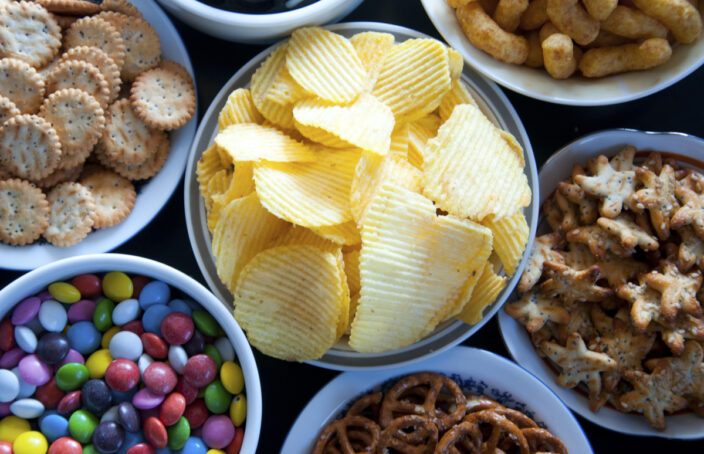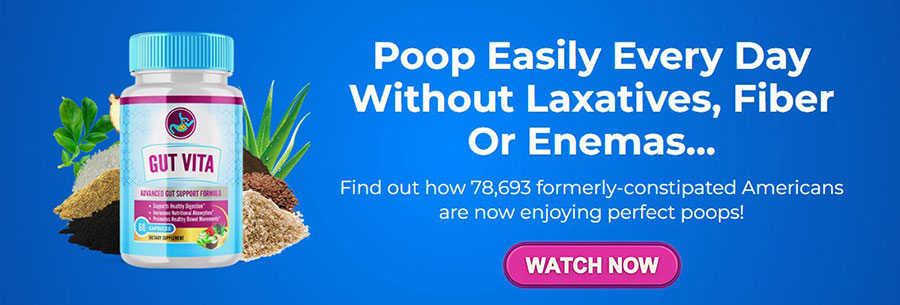How Long Do Hemorrhoids Last? (Foods to Avoid and Foods You Must Have)
I’ll never forget the moment I realized I had hemorrhoids. It was uncomfortable, a little embarrassing, and frankly, something I didn’t want to talk about. Yet there I was, trying to go about my day while dealing with this painful, swollen nuisance. Like many, my first thought was, “How long will this last?”
If you’ve found yourself in a similar situation, you’re not alone. Hemorrhoids are surprisingly common, affecting people of all ages. The good news? They’re usually temporary, and with the right care and diet, you can speed up the healing process and even prevent future flare-ups.
In this article, we’ll explore how long hemorrhoids typically last, the foods you should avoid, and the ones you absolutely must include in your diet to heal faster and feel better.
What Are Hemorrhoids?
Before diving into timelines and dietary advice, let’s talk about what hemorrhoids actually are.
Hemorrhoids are swollen veins in the lower rectum or anus, similar to varicose veins you might see in legs. They’re classified into two types:
- Internal Hemorrhoids: Located inside the rectum, these are usually painless but can cause bleeding.
- External Hemorrhoids: Found under the skin around the anus, these are often more painful and can cause itching, swelling, or even blood clots.
How Long Do Hemorrhoids Last?
The duration of hemorrhoids largely depends on their severity and how quickly you address them.
Mild Hemorrhoids
Mild cases of hemorrhoids often resolve on their own within a few days, especially if you take steps to reduce strain during bowel movements and avoid irritating the area.
Moderate to Severe Hemorrhoids
If your hemorrhoids are more severe—accompanied by significant pain, bleeding, or swelling—they might take a couple of weeks to heal. In some cases, you may need medical intervention, such as rubber band ligation or minor surgery.
Personal Experience:
I once dealt with external hemorrhoids that lingered for nearly two weeks. They were stubborn and incredibly painful until I changed my diet and habits. That’s when the healing truly began.
Foods to Avoid When You Have Hemorrhoids
What you eat plays a huge role in both the healing process and preventing further irritation. Some foods can make hemorrhoids worse by causing constipation, straining, or inflammation.
1. Processed Foods
Highly processed foods like white bread, chips, and packaged snacks are low in fiber and can lead to constipation—a key trigger for hemorrhoids.
Personal Experience:
During my first hemorrhoid flare-up, I didn’t realize how much processed foods were contributing to the problem. Swapping out chips for fiber-rich snacks like carrot sticks made a huge difference.
2. Spicy Foods
As much as you might love spicy dishes, they can irritate your digestive system and worsen symptoms.
Personal Experience:
I made the mistake of eating a spicy curry during a flare-up once. Let’s just say I regretted it the next day—it felt like pouring gasoline on a fire!
3. Alcohol and Caffeine
Alcohol and caffeinated drinks like coffee or soda can dehydrate you, making stools harder to pass.
Personal Experience:
Cutting back on coffee during a flare-up wasn’t easy, but switching to herbal tea was a game-changer. My mornings felt calmer, and my digestion improved significantly.
4. Red Meat
While delicious, red meat is tough to digest and can slow down your digestive system.
Personal Experience:
I noticed a stark difference when I swapped red meat for lean proteins like chicken or fish. My digestion felt lighter, and the hemorrhoid pain eased up quicker.
Foods You Must Have for Hemorrhoid Relief
Now, let’s shift to the good stuff: foods that soothe and support your body as it heals.
1. High-Fiber Foods
Fiber is your best friend when dealing with hemorrhoids. It adds bulk to your stool, making it easier to pass without straining.
Best Sources:
- Whole grains (oats, brown rice, quinoa)
- Vegetables (broccoli, carrots, spinach)
- Fruits (apples, pears, berries)
- Legumes (lentils, chickpeas, black beans)
Personal Experience:
I started adding a bowl of oatmeal with fresh berries to my mornings. Within days, I noticed a significant improvement in my bowel movements and overall comfort. It felt like my body was finally working with me instead of against me.
2. Hydrating Foods and Fluids
Staying hydrated softens your stool, reducing strain and discomfort.
Best Choices:
- Watermelon
- Cucumbers
- Coconut water
- Herbal teas
Personal Experience:
One afternoon, I realized I hadn’t been drinking enough water. I added coconut water to my routine, and within a few days, I felt lighter, and my digestion was back on track. It was such a simple change but made all the difference.
3. Healthy Fats
Incorporating healthy fats into your diet can help lubricate your digestive system.
Best Sources:
- Avocados
- Olive oil
- Flaxseeds
- Nuts
Personal Experience:
Drizzling a little olive oil over my salads became a daily habit. Not only did it enhance the flavor, but it also seemed to make everything “flow” better. My gut felt smoother and more efficient.
4. Anti-Inflammatory Foods
Reducing inflammation can speed up healing and relieve pain.
Best Choices:
- Fatty fish (salmon, mackerel)
- Turmeric
- Ginger
- Leafy greens
Personal Experience:
Turmeric tea became my evening ritual during a particularly bad flare-up. The warmth and anti-inflammatory properties were comforting, and I felt like I was giving my body exactly what it needed to heal.
Lifestyle Tips for Faster Hemorrhoid Healing
While diet is crucial, your lifestyle also plays a big role in how quickly hemorrhoids resolve.
1. Avoid Prolonged Sitting
Sitting for long periods increases pressure on your rectal veins.
Tip: Take regular breaks to stand, stretch, or walk.
Personal Experience:
Setting a timer to stand up every 30 minutes was a game-changer. I noticed reduced swelling and faster relief.
2. Use a Sitz Bath
A sitz bath is a shallow, warm bath that soothes the anal area.
How to Do It:
Fill a bathtub or sitz bath basin with warm water and sit for 10–15 minutes.
Personal Experience:
I found sitz baths incredibly calming during flare-ups. The warm water reduced swelling and provided instant relief—it was like hitting a reset button for my body.
When to Seek Medical Help
If your hemorrhoids persist beyond two weeks or you experience severe symptoms like heavy bleeding or intense pain, it’s time to consult a healthcare professional.
Final Thoughts: Patience, Prevention, and Care
Hemorrhoids may be painful and frustrating, but they’re rarely permanent. By making simple dietary adjustments and adopting healthy habits, you can not only shorten their duration but also prevent them from returning.
For me, the key was learning to listen to my body. With a diet rich in fiber, plenty of hydration, and a few lifestyle tweaks, I’ve been able to keep hemorrhoids at bay and feel more comfortable in my skin.
So, if you’re wondering, “How long do hemorrhoids last?”—the answer is largely in your hands. Take care of your body, and it will take care of you. Here’s to a pain-free, comfortable future!


